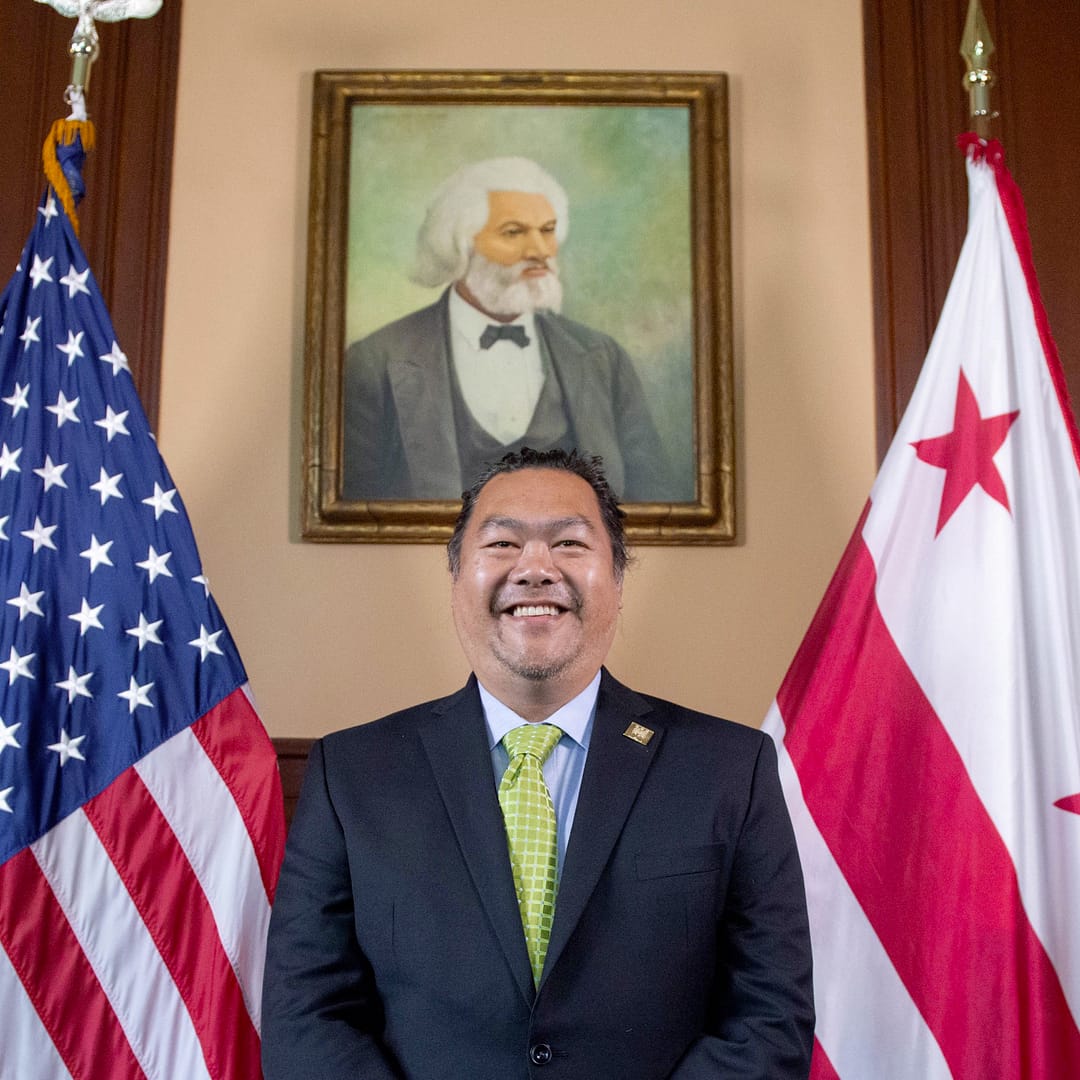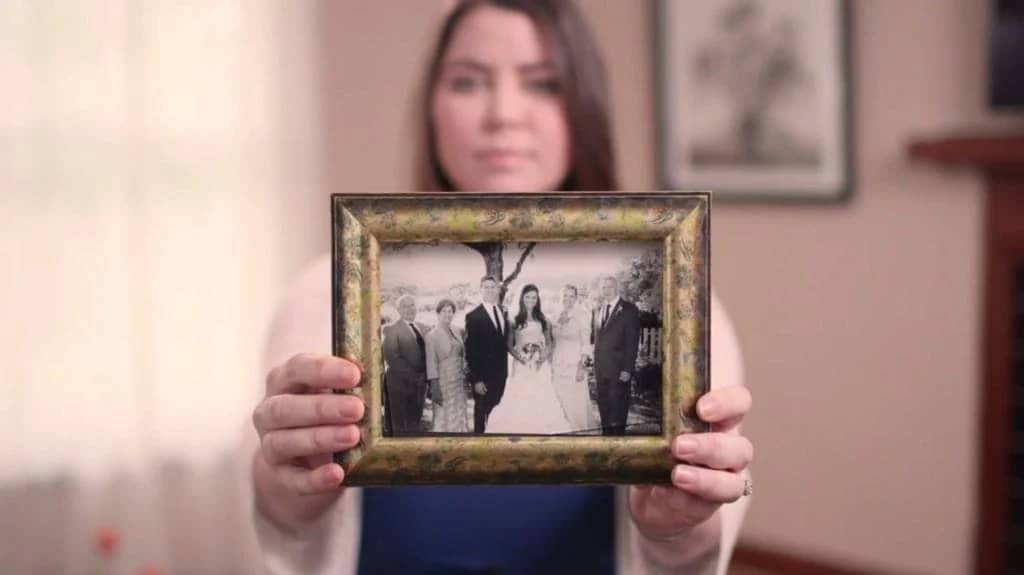
Ben de Guzman is a proud resident of Washington D.C.’s Ward 1 and son of Filipino immigrants. He was born and raised in New Jersey with his two brothers. Growing up as the child of immigrants and a member of the LGBTQ+ community, he gained an interest in equity and fairness. When he started his career in Washington, D.C., he decided he wanted to “fight for the little guy” and give voice to the voiceless.
Ben’s career is a testament to this early belief in helping others, leading efforts around issues of racial equity, immigrants’ rights, veterans affairs and LGBTQ+ justice for 20 years. As an advocate for equity and recognition for Filipino veterans of World War II, he played a key role in two of the most significant legislative victories on behalf of these soldiers. He led communications and outreach strategies for the Filipino Veterans Recognition and Education Project that led to the passage of the Filipino Veterans of WWII Congressional Gold Medal Act in 2016. He also served as the National Coordinator for the National Alliance for Filipino Veterans Equity, where he organized a national legislative campaign that created the Filipino Veterans Equity Compensation Fund in 2009.
Ben also led the Diverse Elders Coalition for a few years, which brought together leading aging-advocacy organizations serving diverse populations. A highlight of his time there was publishing a report, “A Seat at the Table- Diverse Elders Engage the 2015 White House Conference on Aging.“The report summarizes the work of the coalition, including a groundbreaking multilingual townhall that was conducted with simultaneous translation in three languages – English, Spanish, and Khmer.
Ben’s work with the Diverse Elders Coalition led him to Compassion & Choices. In 2016, he was involved in D.C.’s passage of the Death with Dignity Act, providing testimony to the City Council as they were deliberating the legislation. Initially, he hadn’t considered end-of-life issues in the face of so many other challenges. In his community, he didn’t hear or see many conversations about death and dying. He realized that in avoiding these topics, communities may not be able to think robustly about policies that would improve end-of-life care. That’s why it became important to him to talk about these issues in the face of social and cultural pressure not to talk about them.
In Asian American, Native Hawaiian and Pacific Islander (AANHPI) communities, there are many challenges to making and shaping policy decisions. There are language barriers and citizenship and immigration status issues that make it harder to get a seat at the table. AANHPI communities are also incredibly diverse, meaning that engagement efforts need to be just as diverse and varied. For example, Ben’s Filipino family may approach death and dying very differently than a South Asian or Korean family.
Ben’s advice? Talk about it! Opening lines of communication with those we love about the end of life gives us the gift of preparedness. Beginning the conversation may be difficult, but it’s a necessary first step. Ben admits that he is on his own end-of-life planning journey, and sees it as a work in progress. As he has these conversations with his loved ones, he knows at the end of the day, they’ll be there for one another.
For Ben, the personal is political, in his career and his life. He’s advocated for immigrant rights and LGBTQ+ rights because he belongs to those communities. He’s proud to work to improve the lives of families like his own in his role as the director of the Mayor’s Office on Asian and Pacific Islander Affairs (MOAPIA) in Washington, D.C. He continues to volunteer with Compassion & Choices to improve end-of-life care and give everyone the tools they need to understand their options at the end of life.

Nothing advances our common cause of improving end-of-life care like real stories. Inspire others and drive change by sharing your story today.
Mail contributions directly to:
Compassion & Choices Gift Processing Center
PO Box 485
Etna, NH 03750